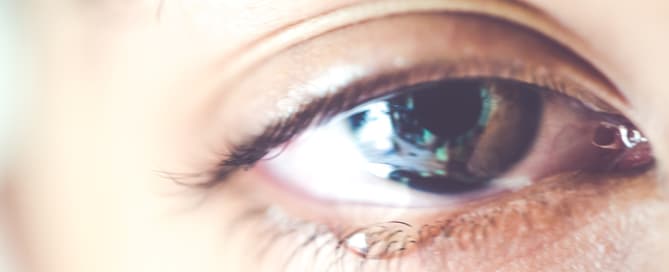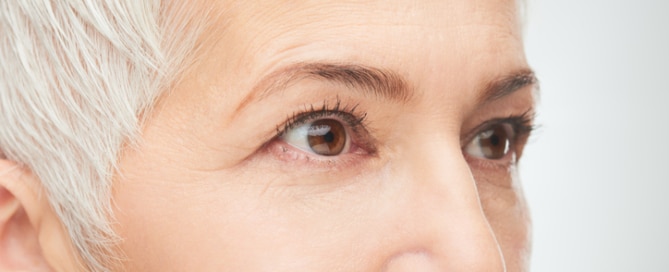Confused by Those Watery Eyes? It Could Be Time to See a Doctor!
The eyes get watery sometimes, but the production of tears should not become a nuisance. The eyes typically make enough tears to keep the ocular surface moist, and they also have natural drainage tubes that clear old fluid out to make way for new tears. There are several reasons why tears may build up and […]
Confused by Those Watery Eyes? It Could Be Time to See a Doctor! Read More »




